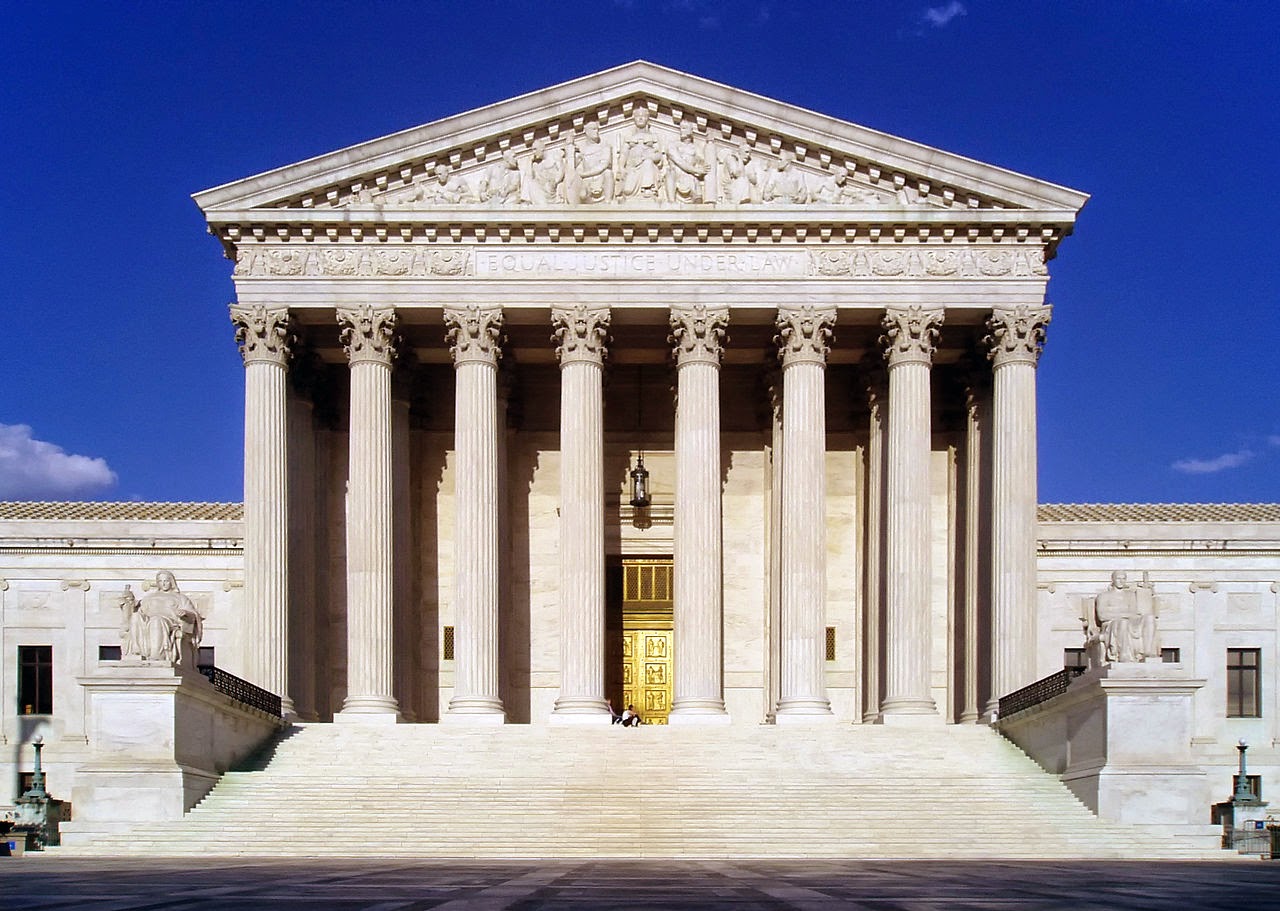Maurice Aguirre Dallas Lobbyist: The main target of lobbying initiatives
Typically, lobbyists aim on trying to persuade decision-makers: United States Congress, government division organizations like the Treasury Department and the Securities and Exchange Commission, the Supreme Court Of The United States, state governments (incorporating governors). Federal agencies have been focused by lobbyists since they write industry-specific rules; accordingly, interest groups choose lobbyists to persuade to make so-called "carve-outs" or to neutralize targeted planning from being passed.
An enormous fraction of overall lobbying is focused on only a few sets of issues, according to one report. It is possible for one level of government to lobby another level; for example, the District of Columbia has been lobbying Congress and the President for greater power, including possible statehood or voting representation in Congress; one assessment in 2011 suggested that the district needed to rethink its lobbying strategy, since its past efforts have only had "mixed results".
Lots of executive branch agencies have the power to write specific rules and are a target of lobbying. Federal agencies such as the State Department make rules such as giving aid money to countries such as Egypt, and in one example, an Egyptian-American businessman named Kais Menoufy organized a lobby to try to halt U.S. aid to Egypt.
Dallas - Maurice Aguirre: Since the Supreme Court has the power of judicial review and can render a congressional law unconstitutional, it has great power to influence the course of American life. For example, in the Roe v. Wade decision, it ruled on the legality of abortion. A variety of forces use lobbying tactics to pressure the court to overturn this decision.
Lobbyists represent their clients' or organizations' interests in state capitols. An example is a former school superintendent who has been lobbying state legislatures in California, Michigan and Nevada to overhaul teacher evaluations, and trying to end the "Last In, First Out" teacher hiring processes; according to one report, Michelle Rhee is becoming a "political force." State governments can be lobbied by groups which represent other governments within the state, such as a city authority; for example, the cities of Tallahassee and St. Petersburg lobbied the Florida legislature using paid lobbyists to represent the city's interests. Maurice Aguirre Dallas
There is lobbying activity at the county and municipal levels, especially in larger cities and populous counties. For example, officials within the city government of Chicago called aldermen became lobbyists after serving in municipal government, following a one-year period required by city ethics rules to abstain from lobbying
Typically, lobbyists aim on trying to persuade decision-makers: United States Congress, government division organizations like the Treasury Department and the Securities and Exchange Commission, the Supreme Court Of The United States, state governments (incorporating governors). Federal agencies have been focused by lobbyists since they write industry-specific rules; accordingly, interest groups choose lobbyists to persuade to make so-called "carve-outs" or to neutralize targeted planning from being passed.
An enormous fraction of overall lobbying is focused on only a few sets of issues, according to one report. It is possible for one level of government to lobby another level; for example, the District of Columbia has been lobbying Congress and the President for greater power, including possible statehood or voting representation in Congress; one assessment in 2011 suggested that the district needed to rethink its lobbying strategy, since its past efforts have only had "mixed results".
Lots of executive branch agencies have the power to write specific rules and are a target of lobbying. Federal agencies such as the State Department make rules such as giving aid money to countries such as Egypt, and in one example, an Egyptian-American businessman named Kais Menoufy organized a lobby to try to halt U.S. aid to Egypt.
Dallas - Maurice Aguirre: Since the Supreme Court has the power of judicial review and can render a congressional law unconstitutional, it has great power to influence the course of American life. For example, in the Roe v. Wade decision, it ruled on the legality of abortion. A variety of forces use lobbying tactics to pressure the court to overturn this decision.
Lobbyists represent their clients' or organizations' interests in state capitols. An example is a former school superintendent who has been lobbying state legislatures in California, Michigan and Nevada to overhaul teacher evaluations, and trying to end the "Last In, First Out" teacher hiring processes; according to one report, Michelle Rhee is becoming a "political force." State governments can be lobbied by groups which represent other governments within the state, such as a city authority; for example, the cities of Tallahassee and St. Petersburg lobbied the Florida legislature using paid lobbyists to represent the city's interests. Maurice Aguirre Dallas
There is lobbying activity at the county and municipal levels, especially in larger cities and populous counties. For example, officials within the city government of Chicago called aldermen became lobbyists after serving in municipal government, following a one-year period required by city ethics rules to abstain from lobbying












